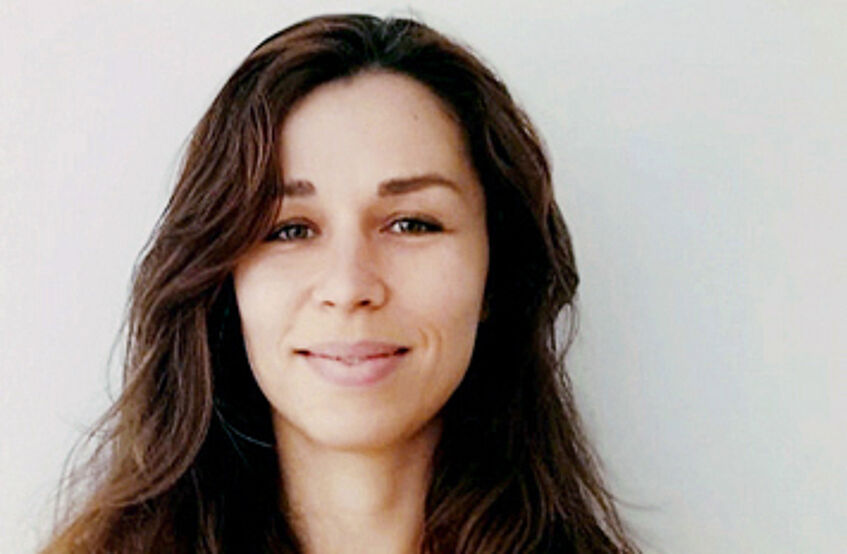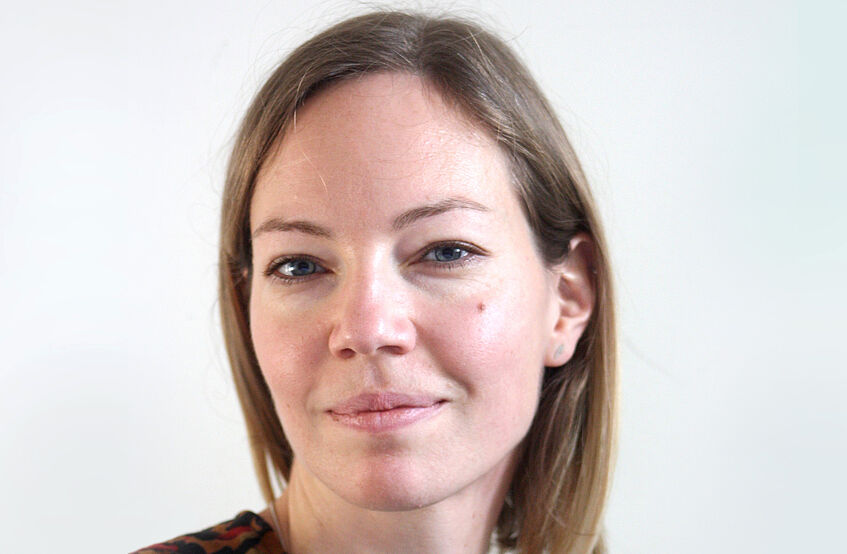sowi:doc Awards 2023
Each year, the Faculty of Social Sciences awards the sowi:doc Awards to doctoral graduates for their outstanding research contributions in the framework of their doctoral thesis. The Award aims at motivating doctoral graduates to pursue a career in academia.
The sowi:doc Awards for the academic year 2022/2023 are awarded to:

Clara Holzinger
“‘We can’t speak all the languages of the world’ – A study on street-level bureaucracy in the context of migration-related heterolinguality based on the example of the Austrian Public Employment Service”
Research field: sociology

The cumulative dissertation spotlights the interplay between traditionally monolingual bureaucratic structures and actual societal multilingualism. Specifically, the focus is on the question of about how societal multilingualism is addressed in a welfare state organisation such as the Austrian Public Employment Service (AMS) and what effects this has on the actors acting within this organisation (especially street-level bureaucrats and migrants). This overarching research question is pursued with different emphases in four publications (partly with co-authors). The thesis applies an interpretative research approach that is oriented towards the principles of constructivist grounded theory and relies on method triangulation. Primarily, problem-centred interviews were conducted with AMS employees and migrants from Hungary. In addition, ethnographic observations at regional AMS offices and text analyses on materials from the research field (e.g., correspondence, forms, information leaflets, AMS publications and web presence) were carried out. The empirical data was primarily collected within the framework of two research projects in which Clara Holzinger was involved as a co-leader and researcher. The research results indicate that the AMS is an organisation that is conceived as essentially monolingual. However, this contradicts the heterogeneity of its clients’ linguistic repertoires, which leads to difficulties and problems in counselling practices. The absence of coherent linguistic guidelines and institutional assistance results in an individualisation of communication problems, which in turn leads to an increased workload and inequalities in access to social services. The study thus makes an empirical contribution to the understanding of linguistic discrimination at the institutional level. It also extends the state of research on institutional communication by focusing on societal multilingualism.
Clara Holzinger defended her dissertation in June 2023 at the Faculty of Social Sciences of the University of Vienna. She currently works as a post-doc researcher at the University of Vienna, Department of Sociology. Her research focuses on societal multilingualism, language-related discrimination and racism.
Contact: clara.holzinger@univie.ac.at
Olga Povoroznyuk
“Soviet infrastructure in the post-Soviet era? Building a railroad and identity along the Baikal–Amur Mainline in East Siberia”
Research field: social and cultural anthropology

The dissertation by Olga Povoroznyuk is an example of anthropological study of infrastructure that combines ethnographic field data (interviews and observations) with archival records, policy documents, and media reports. The author explores the role of large-scale infrastructure projects as embodiments of state modernisation and identity construction processes. Drawing on the case study of the Baikal-Amur Mainline, a railroad line built in the 1970s and 1980s in East Siberia, she explores how the railroad shaped socialist communities and identities and how it still remains a powerful medium for transmission of ideologies and memories in the post-socialist politics of identity and emotion. She argues that these qualities of infrastructure are often used in propaganda of the present industrial and infrastructural projects, that rather serve the interests of the Russian authoritarian government than benefit local communities. In her railroad ethnography, Olga introduces the notion of transformative infrastructure to highlight the agency of large-scale projects drawing Indigenous, local and migrant populations into the orbit of modernisation. Furthermore, she demonstrates how memories and identities are being reconstructed and recycled in public and media discourses surrounding follow-up projects. In doing so, she argues that infrastructure politics re-enchants local residents with promises of modernity and contributes to rebuilding citizens’ loyalty to authoritarian regimes.
Olga Povoroznyuk defended her dissertation in September 2022 at the Faculty of Social Sciences, University of Vienna (advisor: Peter Schweitzer). Currently, she is a postdoctoral researcher, a lecturer, and a research coordinator on an ERC project about transport infrastructure and well-being of Arctic communities, at the Department of Social and Cultural Anthropology, University of Vienna.
Contact: olga.povoroznyuk@univie.ac.at
Etienne Schneider
“Deepening the monetary union and strategic industrial policy. Shifting interests and new fault lines in the German power bloc”
Research field: political science

This dissertation analyses why Germany changed course in two key areas of EU economic integration: issuing joint debt and fiscal capacity building (in the case of the EU Corona recovery fund NextGenerationEU in 2020) and relaxing EU competition rules to expand policy space for vertical, technology-selective industrial policy (2019-2020). Informed by regulation theory and historical-materialist policy analysis, it investigates what constellations of actors and interests in the German power bloc were decisive for these shifts. Drawing on macroeconomic, trade and investment data as well as qualitative document analysis and expert interviews, it finds that parts of the German power bloc, especially export-oriented manufacturing capital, embarked on a strategic turn in face of increasing economic crisis tendencies and a new era of geopolitical rivalry. However, the extent to which this turn translated into a repositioning of the German government towards European economic integration was deeply contested and instigated new fault lines in the German power bloc.
Etienne Schneider defended his dissertation in November 2022 at the Faculty of Social Sciences of the University of Vienna. Since December 2022, he works as a postdoctoral researcher at the Department of Development Studies of the University of Vienna. His research focuses on industrial and climate policy, carbon dioxide removal and the global political economy of decarbonisation.
Contact: etienne.schneider@univie.ac.at
Marlis Stubenvoll
“Why misperceptions persist: The role of resistance to evidence in political news”
Research field: communication

While we often hear about the proliferation of false information online, the same could be said about evidence – accurate information, fact-checks, and high-quality analyses of current issues are at the fingertips of news consumers today. This opens up an important question: Given the abundance of correct information, how can citizens hold on to false beliefs notwithstanding evidence to the contrary? The five interrelated studies in this dissertation advance current research on misperceptions and misinformation by examining the exact strategies that individuals use to resist evidence in the legacy media. Drawing on data from experimental studies and panel studies, this dissertation shows that individuals use a wide array of resistance strategies to defend their beliefs: They may avoid journalistic evidence, form a biased perception of its content, contest the message and the source, or bolster their beliefs through seeking out like-minded content and discussions. Taken together, this dissertation shows that journalists and fact-checkers have to anticipate resistance to evidence along all stages of information processing.
Marlis Stubenvoll defended her dissertation in February 2023 at the Faculty of Social Sciences of the University of Vienna. Since March 2023, she has worked as a postdoctoral researcher in the Department of Media and Communications at the University of Klagenfurt. Her research interests include political communication, privacy research, and environmental communication.
Contact: marlis.stubenvoll@aau.at
